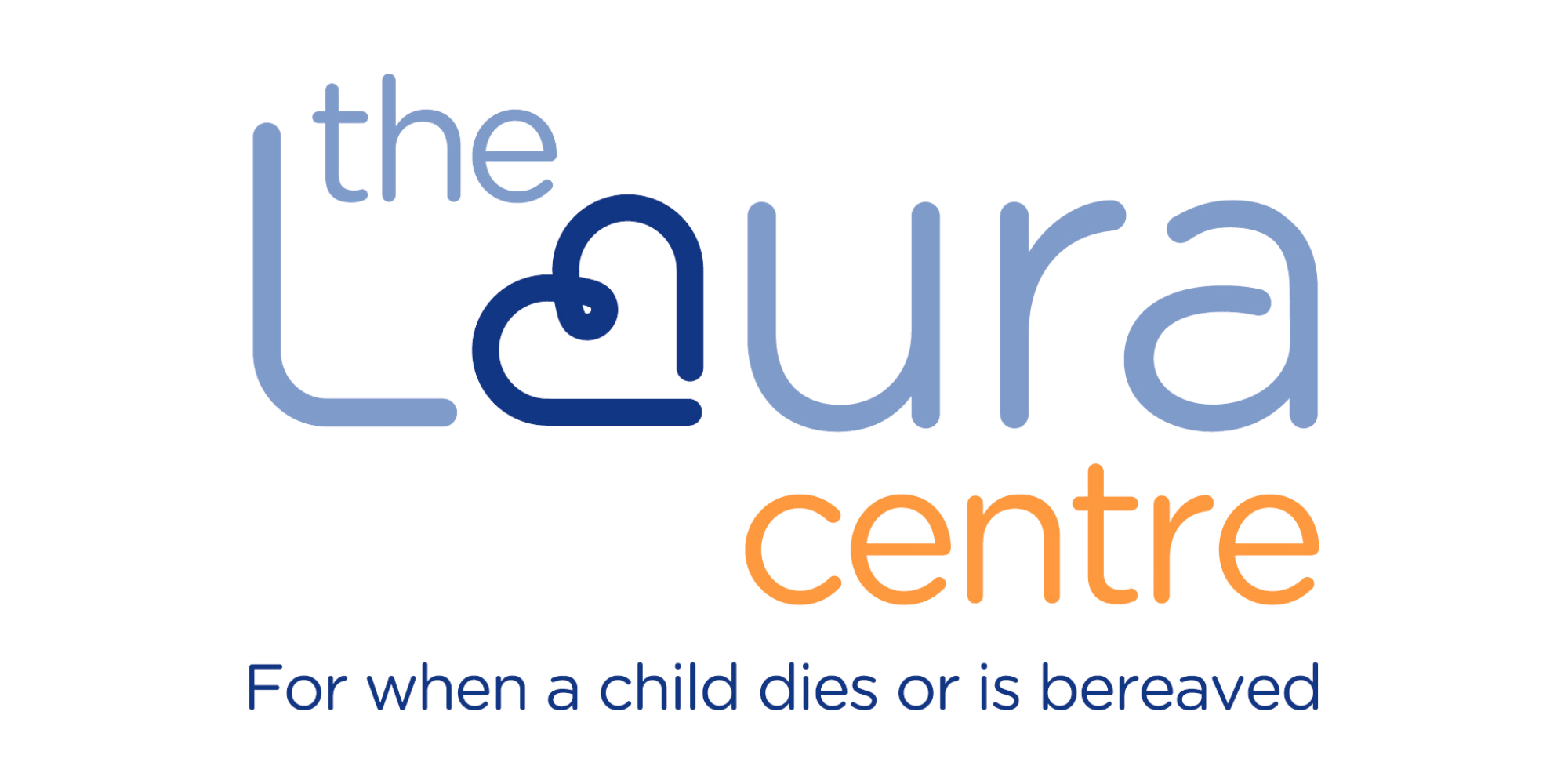Bereavement affects everyone differently, but when families are in crisis, the loss can hit in ways that feel overwhelming and unmanageable. A bereaved family in crisis might be facing the sudden death of a child, a traumatic loss through suicide or violence or struggling with the added weight of already complex family dynamics.
Crisis in bereavement doesn’t always look dramatic. It can be quiet, chaotic, or come with numbness. But in every case, it carries an urgent need for support, understanding and care.
This guide offers a practical look at how to approach bereaved families in crisis, and how to care for both the family and yourself during these emotionally charged moments.
Immediate Response – What Do Bereaved Families Need First?
When a family is first hit by bereavement, particularly in traumatic or unexpected circumstances, the most important thing you can offer is calm, compassionate presence. It’s less about having the perfect words and more about simply being there, listening and not rushing people through their emotions.
Give space for raw emotion, and resist the urge to ‘fix’ things. It’s okay if they’re angry, numb confused or silent. Try to –
-
Acknowledge their loss clearly and gently
-
Avoid clichés like “they’re in a better place” or “everything happens for a reason”
-
Reassure them that whatever they’re feeling is valid
-
Offer information slowly, and only when appropriate
Bereaved families in crisis often need someone to help slow things down and hold space while their world feels like it’s falling apart.
Assessing Immediate & Practical Needs
In a time of emotional shock, even basic tasks can become impossible. Part of supporting bereaved families means helping them identify what needs to happen now, and what can wait.
Signposting To Emergency Support
Some families will need help accessing funeral directors, registering the death or finding emergency financial support. Others may be unsure about what they’re legally required to do or when.
Having a list of reliable local services, like funeral directors, legal aid organisations and bereavement counsellors, can save families the stress of searching.
At The Laura Centre, we provide local bereavement support to families in Leicester and the surrounding areas who have experienced the death of a child or parent. We’ve also shared guidance for financial support for families following a death.
Supporting Caregivers & Family Simultaneously
When a child dies, or a parent dies leaving children behind, the surviving caregivers often try to “stay strong” for the rest of the family. But they’re grieving too.
Try to check in with siblings and partners directly, not just through the main caregiver. Children especially might not show distress in obvious ways, but their grief is just as real and valid.
Ensuring Continuity Of Care After Initial Contact
One conversation won’t be enough. Make sure families know what support is available beyond the crisis point. That might include follow-up calls, a named contact in your organisation, or referral to a bereavement support service like The Laura Centre.
Bereaved families in crisis need to know they’re not being left to cope alone once the initial shock fades.
Common Challenges When Supporting Bereaved Families In Crisis
Supporting bereaved families in crisis is emotional, unpredictable work. Some of the most common challenges professionals face include –
-
Navigating confusion, guilt or blame – People may blame themselves, each other or others for the death. Guilt can be paralysing, and even logical explanations might not help in the moment.
-
When family dynamics are strained – Divorce, estrangement or cultural differences can complicate how a family responds. You might be dealing with multiple perspectives or people who aren’t speaking to each other. You can learn more about culturally sensitive bereavement support here.
-
Supporting families in cases of suicide, sudden death or violence – These losses often come with shock, trauma and unanswered questions. Families may struggle with stigma, media attention or police involvement. Special sensitivity and care are needed here. If you are supporting a family who have experienced a suicide, you can signpost them to our resource ‘Understanding & Coping With Suicide Bereavement’.
The Professional’s Role & Limitations
It’s easy to feel pressure to ‘get it right’ when supporting bereaved families in crisis. But no one can be everything to everyone, and it’s important to remember what your role is (and isn’t).
-
Working collaboratively with other services – Link in with schools, GPs, social care and police where appropriate. Coordinated support makes a huge difference.
-
Recognising the boundaries of your support – You don’t need to be a therapist or a legal advisor. Offer what you can and signpost the rest.
-
When and how to refer to specialist bereavement or trauma services – If a family’s needs go beyond your training, reach out. Services like The Laura Centre specialise in supporting families through complex and traumatic grief.
Referrals aren’t a failure. They’re often the most responsible and compassionate step you can take.
Looking After Yourself As A Professional Supporting Bereaved Families
Supporting bereaved families can take its toll. Witnessing grief up close, especially when children are involved, can be heavy and draining.
Make space for your own emotional response. Debrief with colleagues, use supervision and step away when you need to. Compassion fatigue is real, and burnout won’t help the families you support in the long run.
Be kind to yourself. You’re doing difficult, important work.
At The Laura Centre, we offer bereavement training for professionals working with families and children. Our workshops are designed to help you build the skills and confidence to support bereaved families in crisis, with real-world insight from our specialist team.
If you’re supporting grieving families and want to grow your understanding, or if you’d like to offer your team more tools for handling trauma and loss, our training sessions can help.
To learn more about how we can support your work, visit thelauracentre.org.uk or get in touch with our team directly via info@thelauracentre.org.uk.


